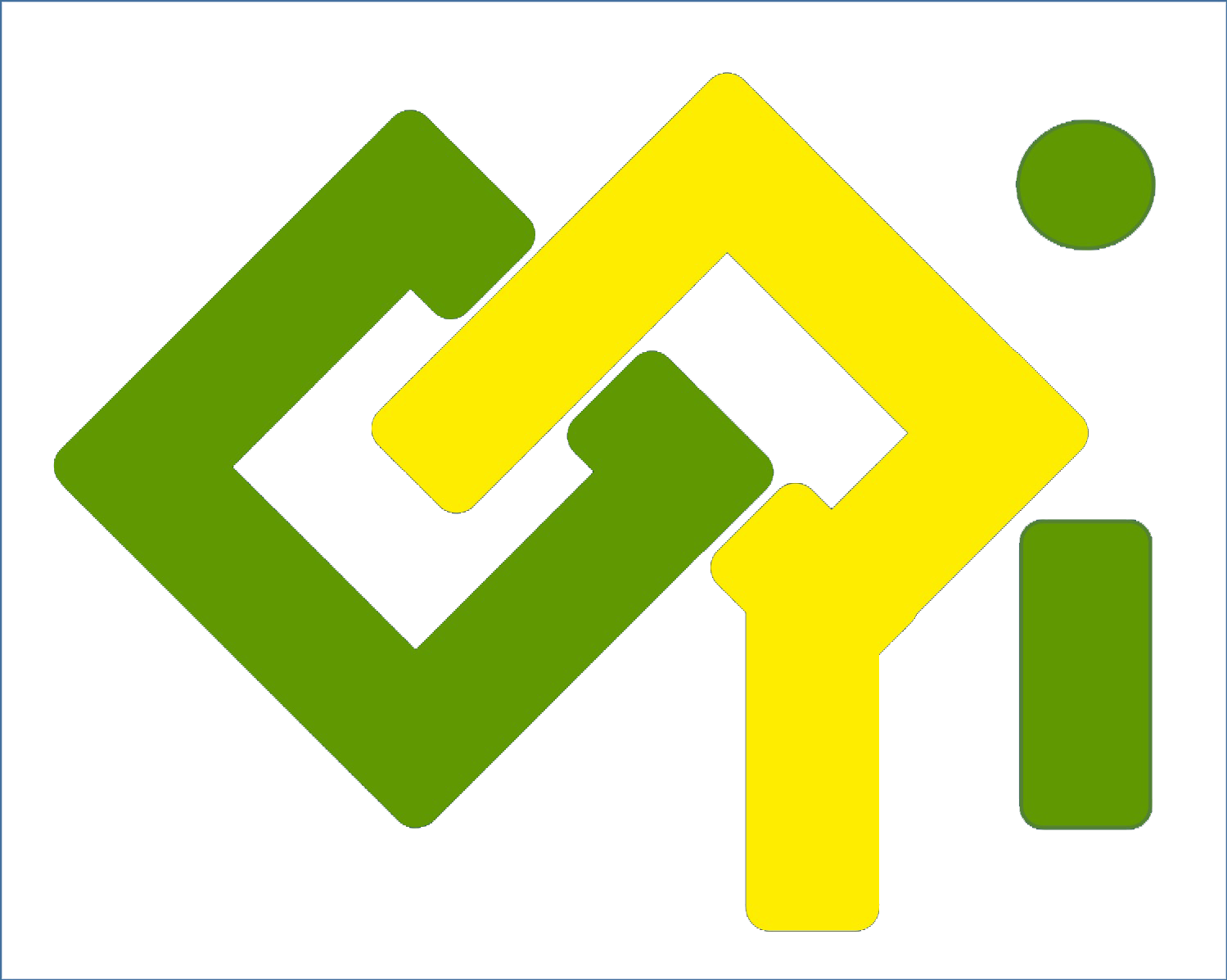What We Do
Center for Renewables Integration (CRI) will assemble the right team of experts, going beyond our core team as needed, to educate and engage at the state, ISO/RTO, and federal level, working to find solutions that advance clean energy and are right for ratepayers.
We work for state agencies implementing clean energy goals, coalitions of clean energy companies, non-profits, and utilities focused on providing clean energy solutions to their customers. We are also funded by foundations to educate stakeholders on the development of new policies that enable high penetration renewables.
The Center for Renewables Integration is a 501c(3) not-for-profit organization founded in 2017.
How We Engage
1. Participate in regulatory proceedings
CRI experts:
intervene in selected regulatory cases,
provide expert witness testimony, and
participate in stakeholder or workgroups to educate and shape clean energy policy.
Our team includes former commissioners and ISO/RTO staff have extensive experience in state and FERC proceedings, as well as ISO/RTO stakeholder groups. CRI abilities range from providing a single expert to assembling and managing teams of experts for particularly large or controversial cases.
Examples of proceedings we have worked on include energy storage, smart inverters, renewable procurement, storage as a transmission asset, grid enhancing technologies, and transmission siting cases.
2. Support State energy offices and commissions
CRI performs studies that assist state utility commission staff and state energy offices in developing or implementing regulations.
Examples include the NY State Energy Storage Roadmap and a Feasibility Study Increasing the Renewable Energy Content of Standard Offer Service in the District of Columbia.
CRI representatives also participate in and provide leadership to guide stakeholder processes, augmenting commission staff.
3. Thought Leadership
CRI’s experts advance the understanding of frontier issues critical to the clean energy transition.
For example, in 2017 CRI secured grants to educate stakeholders on the use of energy storage, distributed generation and power flow control as alternatives to conventional transmission. This topic was ultimately taken up by FERC in 2019. Similarly, CRI experts began work on smart inverter adoption in advance of the publishing of IEEE 1547-2018, and in 2019 published recommendations for state actions needed to deploy that new technology.
Download free thought leadership papers here.





